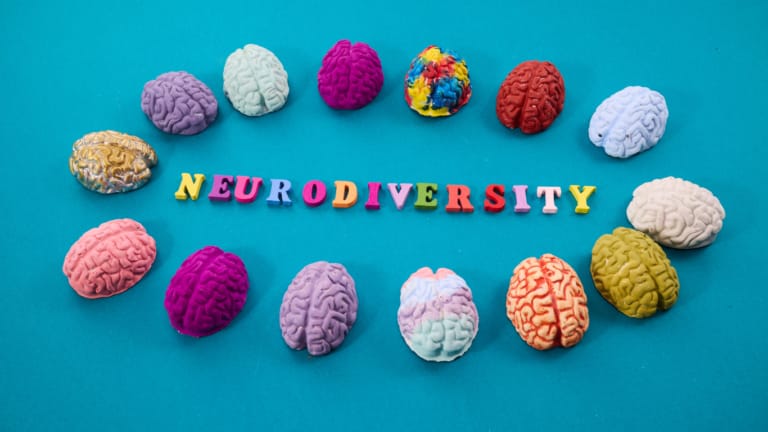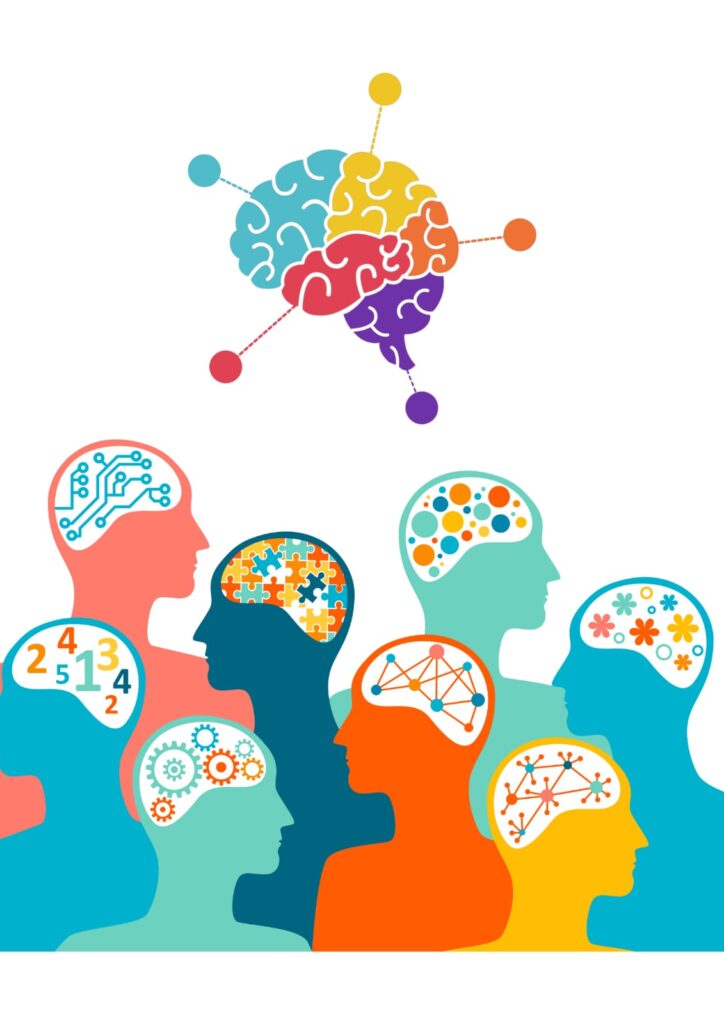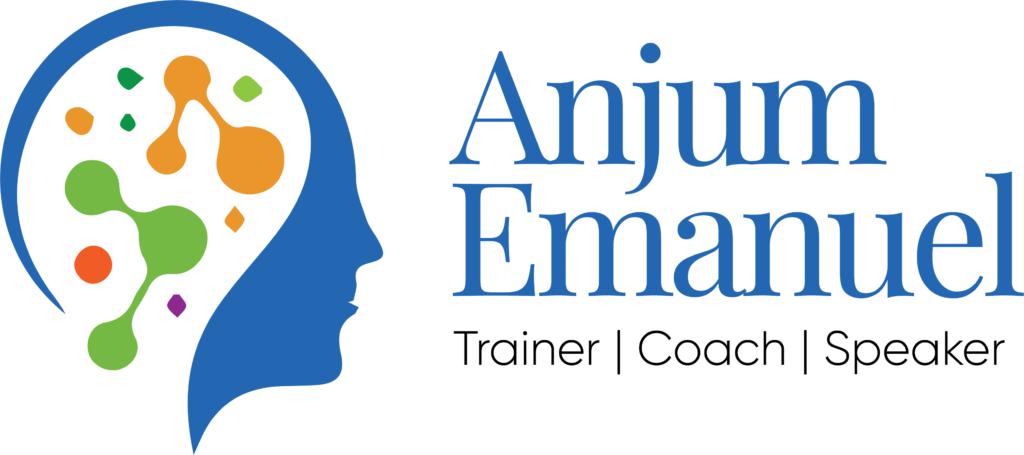Neurodiversity: Embracing Different Minds for a Better Life
In today’s fast-paced world, brain health can easily take a backseat to daily demands. You find yourselves
balancing work, family, and personal responsibilities, often overlooking how crucial mental well-being is
to our overall health. Neurodiversity, the idea that neurological differences like autism, ADHD, dyslexia,
and others are natural variations in the human brain—can offer us valuable insights into improving your
mindset and quality of life. Understanding and appreciating neurodiversity isn’t just about inclusion; it’s
about seeing the tangible benefits diverse ways of thinking can bring to our lives, our workplaces, and our
communities.
What is Neurodiversity?
Neurodiversity is a term that celebrates different brain types, recognizing that each brain processes
information, experiences, and the world around it uniquely. This perspective views conditions such as
autism, dyslexia, ADHD, and others not as “deficiencies” or “disorders,” but as natural differences that
contribute to human diversity. Just as biodiversity is essential for a balanced ecosystem, neurodiversity
enhances our social and work environments, making them more dynamic and adaptable.

In recent years, society has made steps in
recognising and valuing neurodiverse
individuals. Schools are implementing
inclusive teaching methods, and
workplaces are modifying to create an
environment that respects various
cognitive styles. But the benefits of
neurodiversity extend far beyond
adjustment. By embracing different ways
of thinking, we create a foundation for
compassion, and resilience.
How Neurodiversity Benefits Our Lives
When you actively embrace neurodiversity, you unlock a wealth of benefits that extend into all areas of
life—from personal development to professional growth and community enhancement. Here’s how
neurodiversity positively impacts your lives:
1. Enhanced Creativity and Problem–Solving
Neurodiverse individuals often approach challenges from angles that others may overlook. For example, people with dyslexia may excel at seeing patterns or thinking visually, while those with autism might have an extraordinary ability to focus on details. These unique perspectives encourage creative problem–solving, leading to fresh ideas and out–of–the–box solutions that can be valuable in both personal and professional contexts.
2. Increased Empathy and Understanding
Embracing Neurodiversity open you up to new ways of thinking and experiencing the world. This nurtures empathy, as we learn to appreciate others’ perspectives and adapt our behaviour to be more inclusive. Such understanding strengthens relationships and builds communities that are supportive and accepting of differences, which benefits everyone’s mental well–being.
3. Encourages Flexibility and Resilience
Neurodiverse individuals often develop strong coping strategies, which can inspire those around them to become more resilient. Watching someone approach life in their unique way encourages flexibility and adaptation, reminding us that there’s no single “right” way to think or solve problems. This adaptability is essential in today’s ever–changing world and encourages a growth mindset in others.
Tangible Changes Neurodiversity Brings Around Us
The positive impacts of Neurodiversity move outwards, transforming workplaces, education systems, and communities. Here’s how these changes become tangible:
1. Workplace Innovation and Productivity
Companies that embrace neurodiversity find that diverse cognitive perspectives lead to innovation and productivity gains. Teams that value different ways of thinking tend to develop stronger problem–solving skills, foster a collaborative atmosphere, and ultimately drive business success. Inclusive workplaces are not only beneficial for neurodiverse individuals but also enhance the entire team’s performance by fostering mutual respect and creativity.
2. Educational Advancements
Education that honours neurodiversity benefits all
students, not just those with neurological
differences. Schools affecting inclusive teaching
methods are seen as improved engagement and
achievement, as diverse learning styles are
respected and accommodated. By promoting
individualised learning approaches, students feel
supported and motivated, building a foundation
for lifelong learning.

3. Stronger Communities
When communities embrace neurodiversity, they create
environments where all individuals feel valued and
accepted. This inclusivity reduces stigma and creates
opportunities for everyone to contribute meaningfully, no
matter their neurological makeup. Stronger communities
emerge as people learn to respect each other’s strengths
and challenges, building support systems that enhance
mental and emotional well-being for all members.

A New Approach to Brain Health and Mindset
For those who are leading busy lives, caring for brain health often
feels like a luxury. Yet, by adopting a neurodiversity-friendly mindset, you can make everyday life a little
easier and more fulfilling. Surrounding yourselves with diverse thinkers encourages us to challenge
assumptions and expand your perspectives, which directly benefits your own mental growth and
resilience. Furthermore, learning to appreciate neurodiversity can help reduce stress by allowing you to
accept that different approaches are not only valid but valuable.
Conclusion
Neurodiversity is a powerful concept that’s reshaping how you think about brain health, productivity, and social connections. By valuing the unique ways people experience and process the world, they’re creating a more compassionate, flexible, and innovative society. Whether in the workplace, in schools, or within our communities, embracing neurodiversity opens doors to new ideas, enhances empathy, raises an environment where everyone can thrive. So, as you go about your day, consider the power of diverse thinking around you. In doing so, you’ll not only improve your own mindset and mental well–being but also contribute to a world where every brain is valued. Interested in learning more about optimising brain health for peak performance? If you’re ready to dive deeper and learn strategies to optimise brain health for peak performance, explore my online course, https://anjum.onlinecoursehost.com/edit–courses/optimising–brain–health–for–peak–performance/edit


